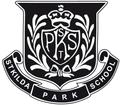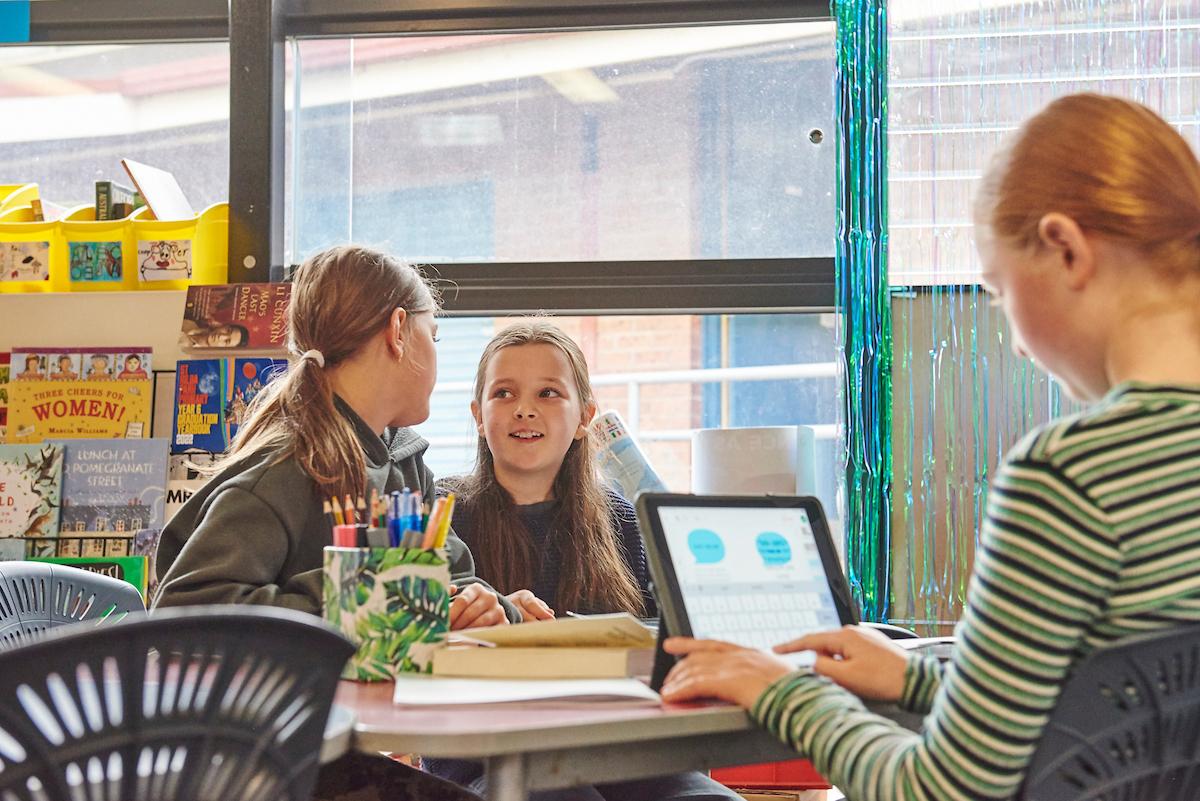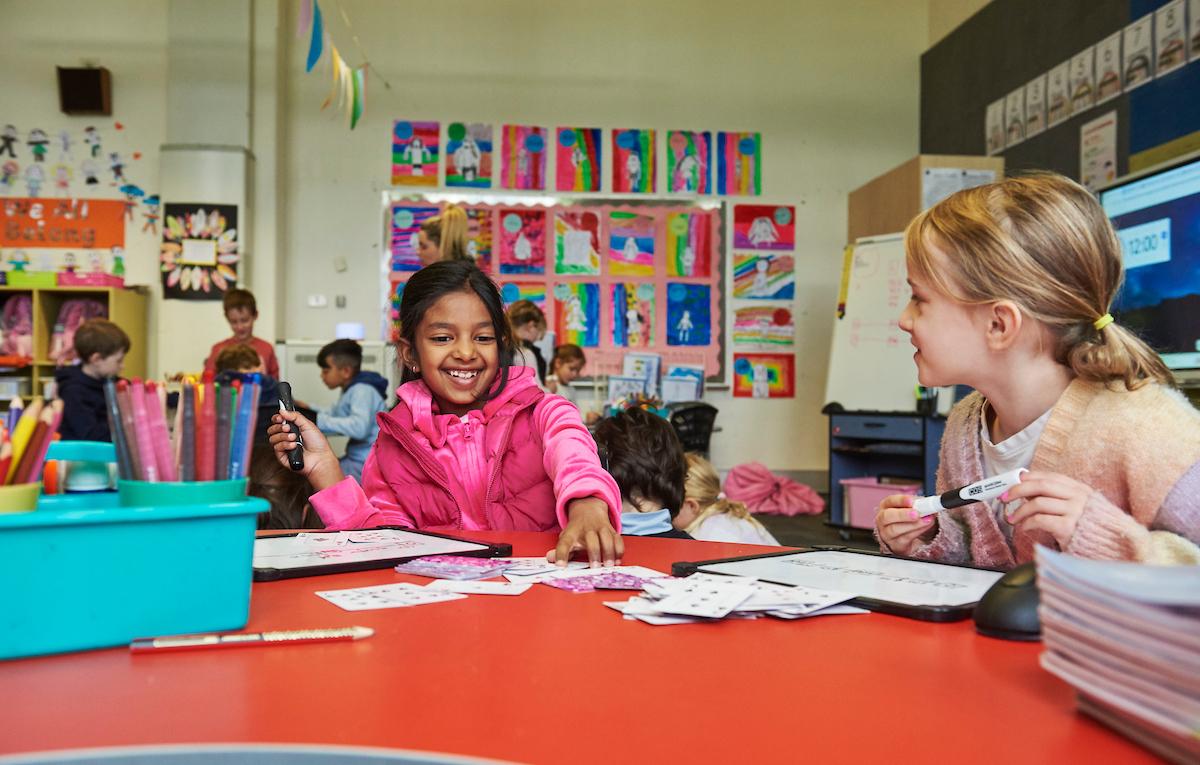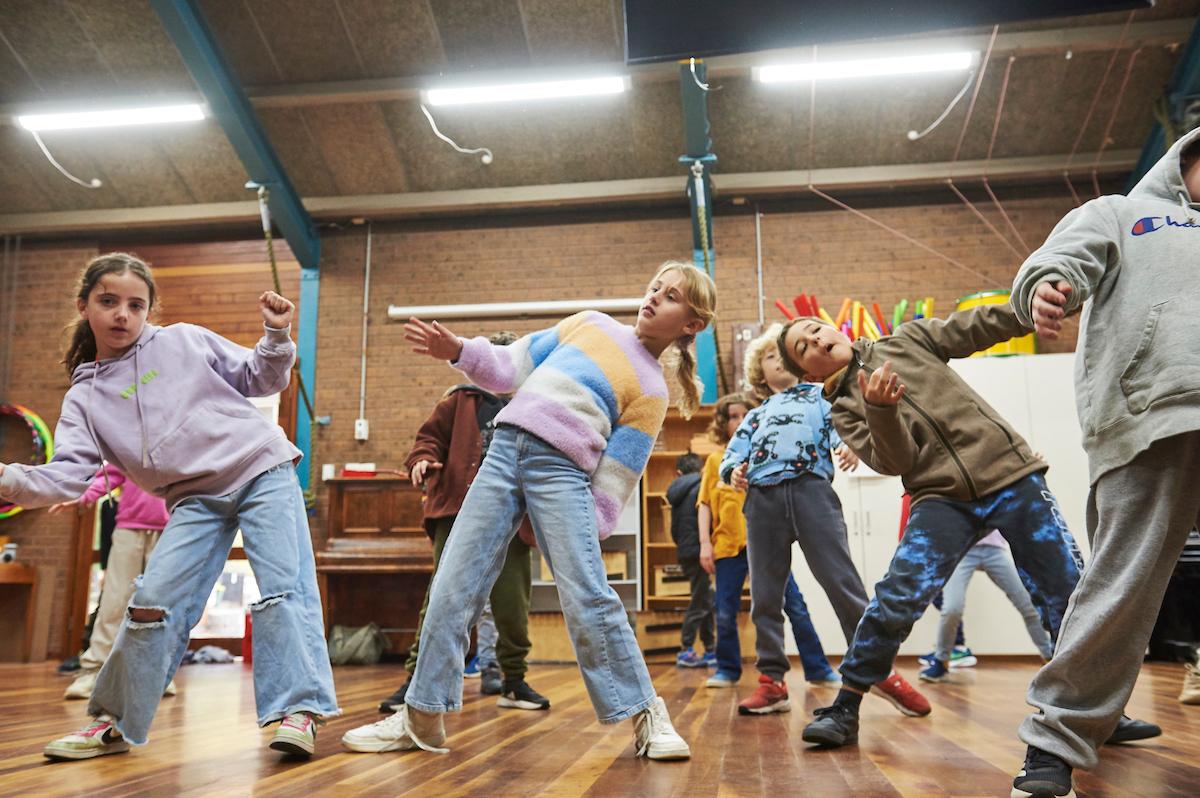A message from the Principal

This morning, the Minister for Education, Ben Carroll, announced significant new directions regarding the use of digital devices in Victorian primary schools. From 2027, schools with students in Prep to Year 6 will no longer be able to invite families to purchase or bring their own digital devices (such as iPads or laptops) for school use.
Instead, schools will be responsible for providing class sets of devices to be shared across students and used within new time guidelines — minimal device time in Prep – Year 2, and a maximum of 90 minutes per day for students in Years 3 – 6.
The policy is designed to support families by reducing cost-of-living pressures and to support students by reducing screen time, which can in turn lessen the risks of eye strain, sedentary behaviour, and reduced peer interaction.
These changes also complement Victoria’s mobile phone restrictions, reflecting a whole-school approach to limiting unnecessary digital distraction.
At St Kilda Park Primary School, this announcement aligns closely with our long-standing approach. For many years, we have chosen not to introduce BYOD or 1:1 device programs.
While many schools moved in that direction, we made a deliberate decision to resist such programs — not out of reluctance to embrace technology, but because the evidence simply didn’t show that increased device use improved student learning outcomes.
Our focus has always been on:
- Equity and affordability — ensuring that no family feels financial pressure to provide a personal device.
- Health and wellbeing — limiting screen exposure to promote physical movement, play, and authentic social connection.
Evidence-based learning — using digital tools only when they clearly enhance, rather than replace, the quality of learning and teaching.
We are proud that this has been our position all along. The Department’s new policy means very little will change for us. We are already in the process of upgrading our school-owned iPads and laptops so that students have access to devices when they are genuinely needed — for example, for NAPLAN testing, research, or specific tasks where technology meaningfully supports learning.
We will, however, continue to be very mindful of how and when screens are used.
The heart of learning at SKiPPS remains face-to-face connection, conversation, collaboration, and curiosity — the kind of learning that happens best without a screen between us.
Neil Scott
Principal



